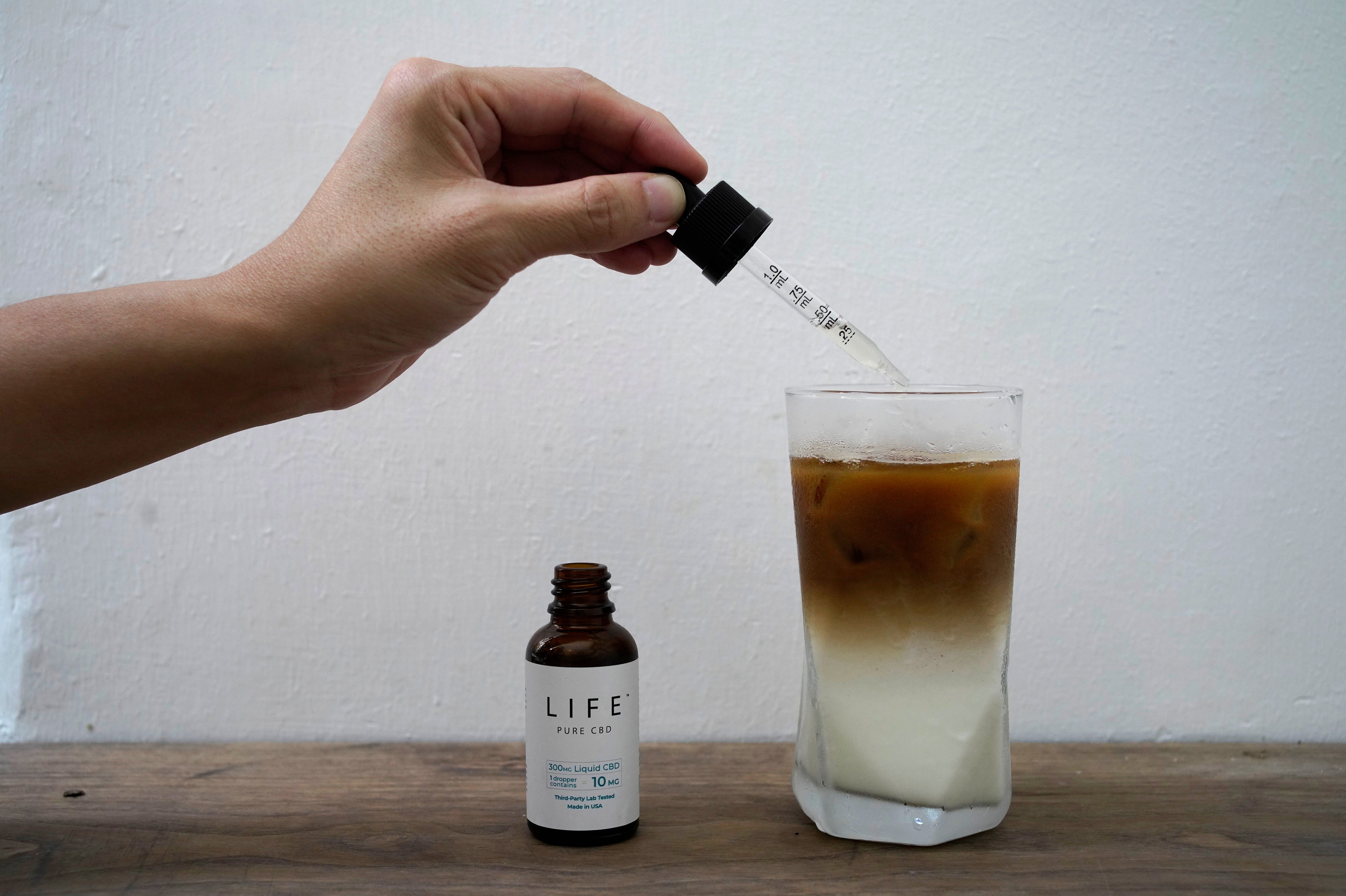Hong Kong’s first CBD cafe opens its doors despite cannabis being illegal in city
THC, marijuana’s other compound, is what makes plant unlawful in some countries

Your support helps us to tell the story
From reproductive rights to climate change to Big Tech, The Independent is on the ground when the story is developing. Whether it's investigating the financials of Elon Musk's pro-Trump PAC or producing our latest documentary, 'The A Word', which shines a light on the American women fighting for reproductive rights, we know how important it is to parse out the facts from the messaging.
At such a critical moment in US history, we need reporters on the ground. Your donation allows us to keep sending journalists to speak to both sides of the story.
The Independent is trusted by Americans across the entire political spectrum. And unlike many other quality news outlets, we choose not to lock Americans out of our reporting and analysis with paywalls. We believe quality journalism should be available to everyone, paid for by those who can afford it.
Your support makes all the difference.A new cafe offering cannabidiol (CBD)-infused food and drink products has opened in Hong Kong, despite cannabis being illegal in the city.
But while cannabis, the plant from which cannabidiol originates, is seen as unlawful, CBD is not. It is THC, the plant’s other main component, which both the Hong Kong government and officials around the world take issue with.
The new eatery, Found, which offers a range of coffees, biscuits, beer and fruit juices that contain only CBD, has said it is not breaking any local laws by selling its produce.
CBD products, such as oils, have been popular for over 20 years, especially for the treatment of pain relief and stress management. It is known for offering therapeutic effects without getting users intoxicated.
Cannabis's tetrahydrocannabinol compound — commonly known as THC — is the psychoactive ingredient that gives users a high. But unlike THC, CBD is typically used to help reduce stress without the high.
One Found customer, Killian Hussey, who works in finance in Hong Kong, said consuming CBD coffee is relaxing.
“The coffee is delicious, and I like the effect that the CBD has on me,” Mr Hussey said. “Cognitively and physically, it kind of helps me get through the aches and pains of a normal day.”
A bottle of cold CBD-infused coffee costs HK$80 (£7.99) at Found, while a can of CBD beer is HK$70 (£6.99). The cafe, which had a soft opening this month, is expected to be fully operational in October.
“Hong Kong is actually one of Asia’s most progressive cannabinoid markets," said Fiachra Mullen, co-owner of Altum International, a cannabinoids supplier in Asia that operates Found. “Unlike other parts of the region — Australia, New Zealand, Singapore — it’s actually quite a progressive cannabinoid law in Hong Kong.”
Mr Mullen said that he hopes the cafe can help break down the stigma surrounding CBD products, and wants to distance CBD from cannabis and the recreational use of drugs.
Found can sell cannabinoids in food as long as there is no THC in the products, he said.
According to the Hong Kong government’s Centre for Food and Safety, under the Dangerous Drugs Ordinance, the illicit import of cannabis or any products that contain controlled cannabinoids constitutes a criminal offence.
Although CBD is a cannabinoid, it is not classified as a dangerous drug under Hong Kong law.
Additional reporting by agencies


